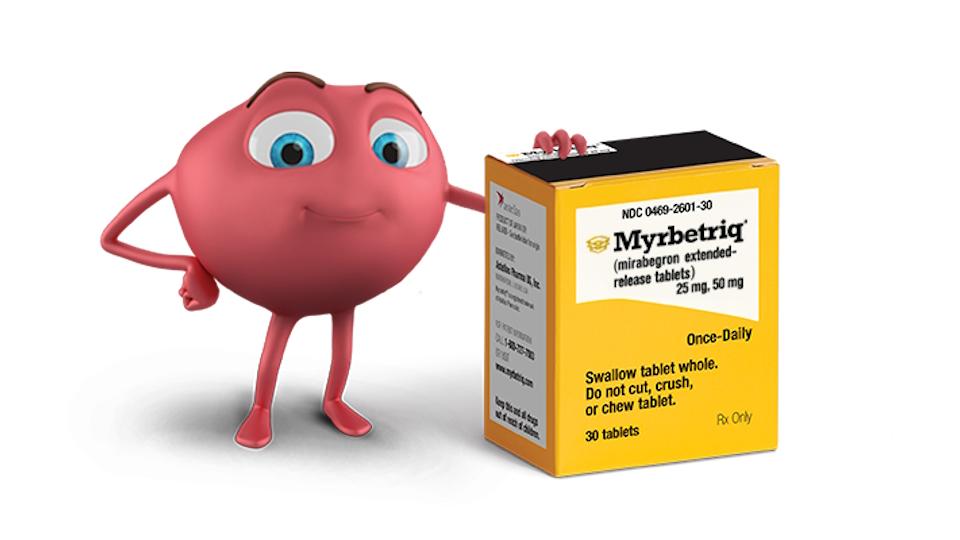Astellas’ generic Myrbetriq defence knocked back again

Low-cost competition in the US to Astellas’ Myrbetriq for urinary incontinence has arrived after a court recommended denying an injunction on the launch of generics.
A US district court in Delaware has filed a report saying that Indian generic drugmakers Lupin Labs and Zydus Cadila should be able to launch their generics prior to the conclusion of ongoing litigation filed by Astellas last year that claims the generics infringe US Patent No. 11,707,451, which covers an extended-release formulation of Myrbetriq (mirabegron).
Astellas is also suing Zydus and Lupin in a separate lawsuit, claiming infringement of another patent, No. 10,842,780, which also covers extended-release formulations of the drug. The Japanese drugmaker suffered a defeat in the Delaware district court on that patent last June and has filed an appeal.
Zydus and Lupin have said they are now going ahead with a launch of their generics, according to Indina news outlets, even though doing so risks the possibility of a comeback from Astellas if it wins on appeal that could include claims for damages.
Myrbetriq – sold as Betanis and Betmiga in some markets – is an extended-release selective beta3-adrenoceptor agonist therapy used to treat overactive bladder with symptoms of urinary incontinence, urgency, and urinary frequency, and has been approved in the US since 2012.
Since that time, it has grown into one of Astellas’ top-selling drugs, bringing in worldwide revenues of 142 billion yen (around $918 million) in the first nine months of Astellas’ current financial year.
The Japanese pharma group said it was reviewing the impact of the latest decision on its current financial year, which ends on 31st March 2025, and would provide new guidance later this week.
It is facing quite a heavy hit to its revenues from generic competition in the coming years, which will be exacerbated if it loses the Myrbetriq appeal.
A legal bid to stop Pfizer’s generic medicines unit Hospira from launching a copycat version of Astellas’ pharmacologic stress agent Lexiscan (regadenoson injection) in the US was lost last year, exposing a product with around $650 million in US sales to competition. US sales of the drug plummeted 89% in the first nine months of the current fiscal year.
The biggest challenge facing its recently appointed chief executive, Naoki Okamura, however, will come from the loss of patent protection for Pfizer-partnered prostate cancer therapy Xtandi (enzalutamide) in the US in 2027. That is far and away Astellas’ biggest product, with sales of 512 billion yen ($3.3 billion) in the nine-month period.













